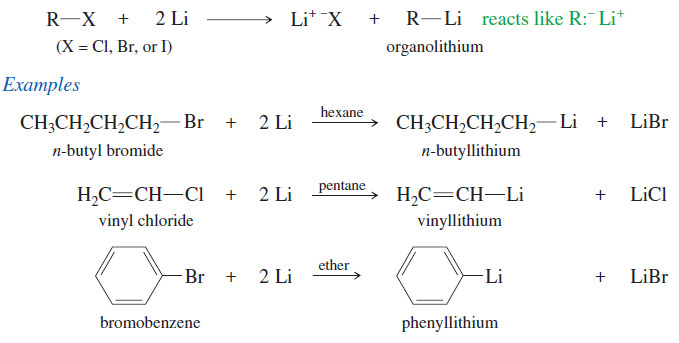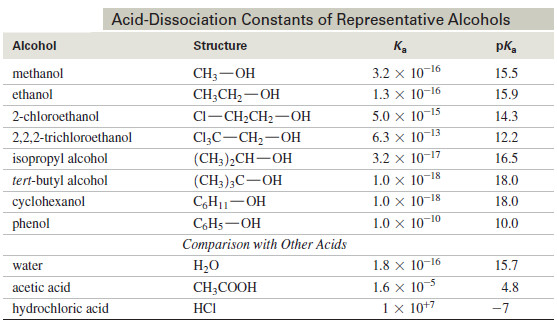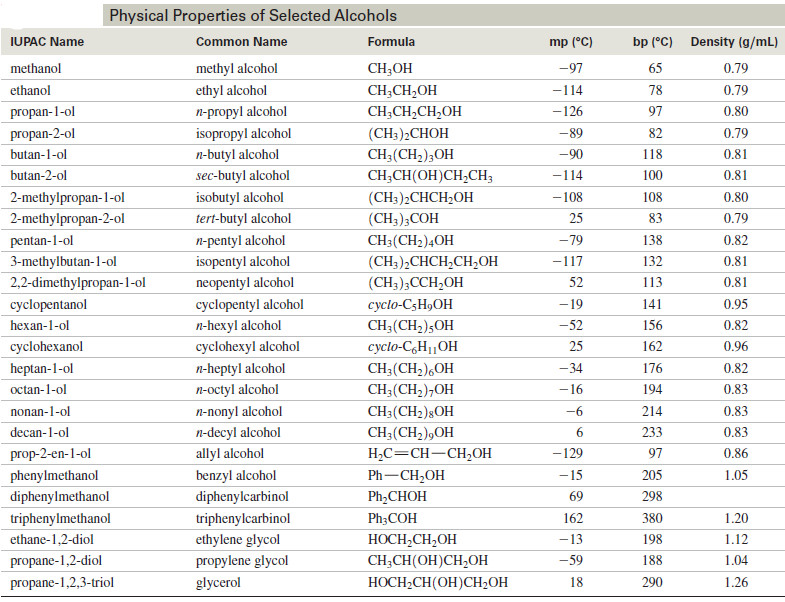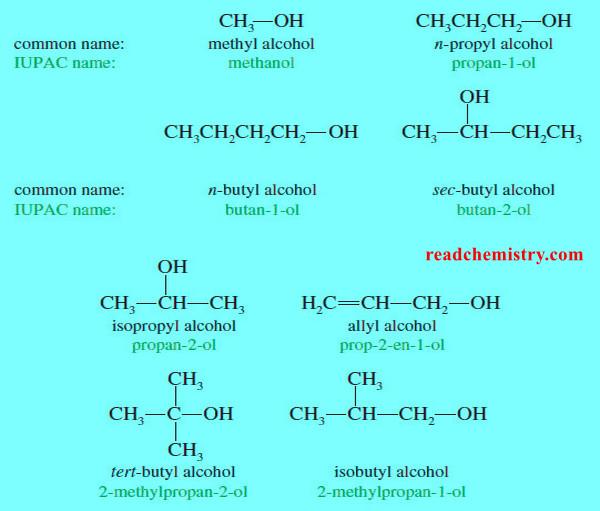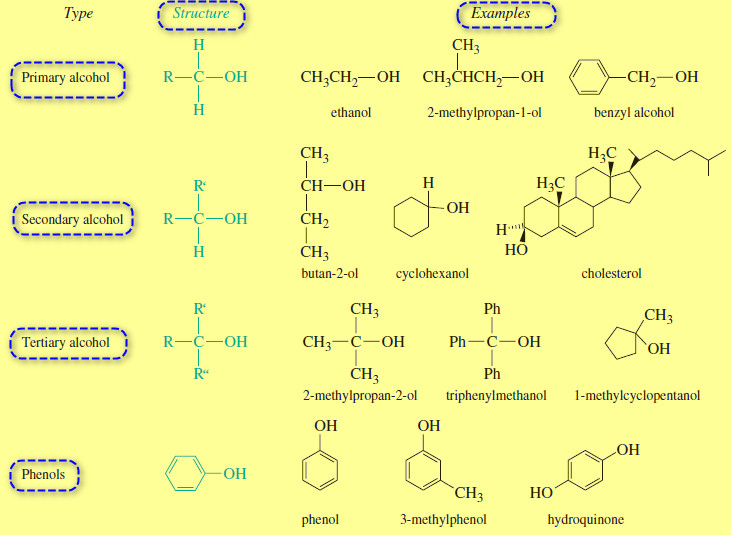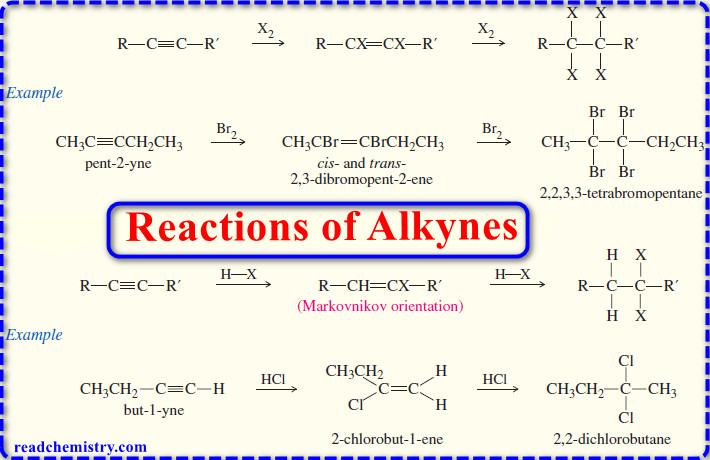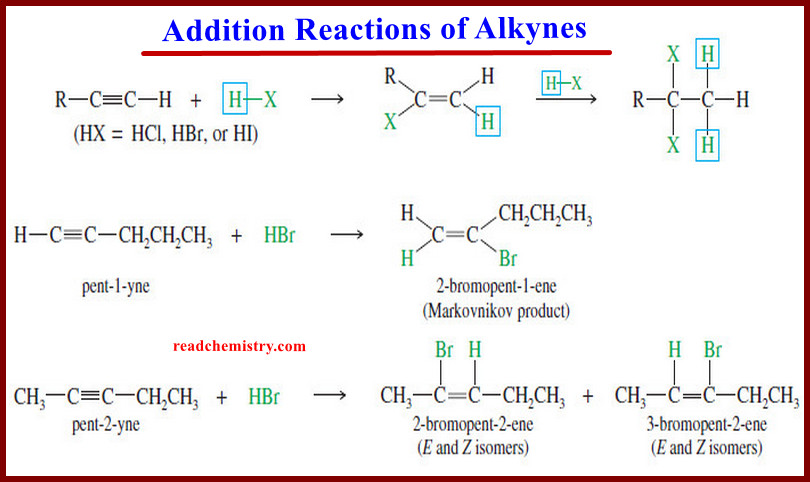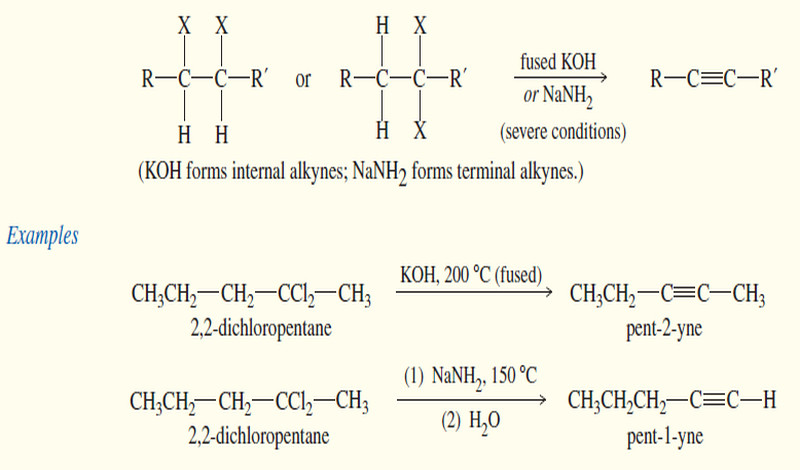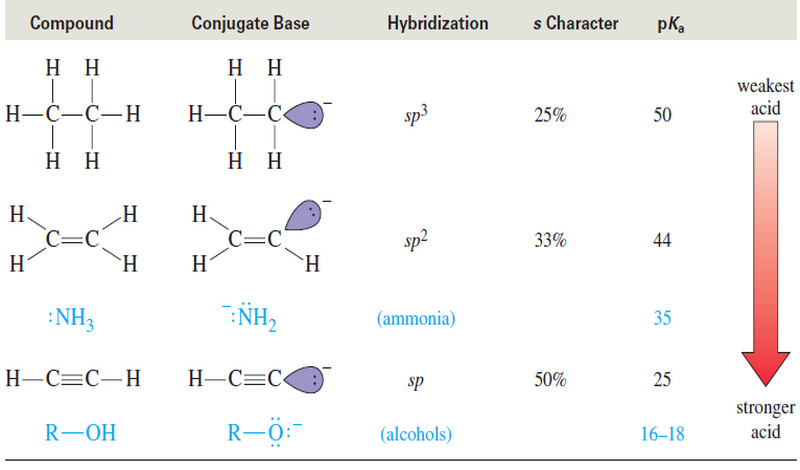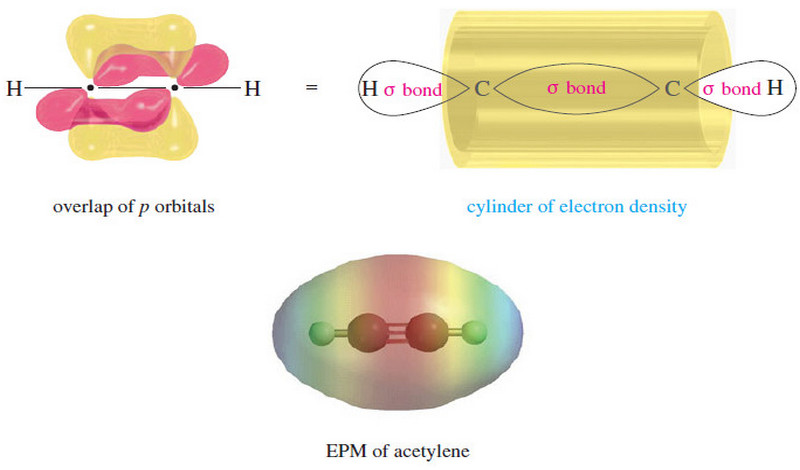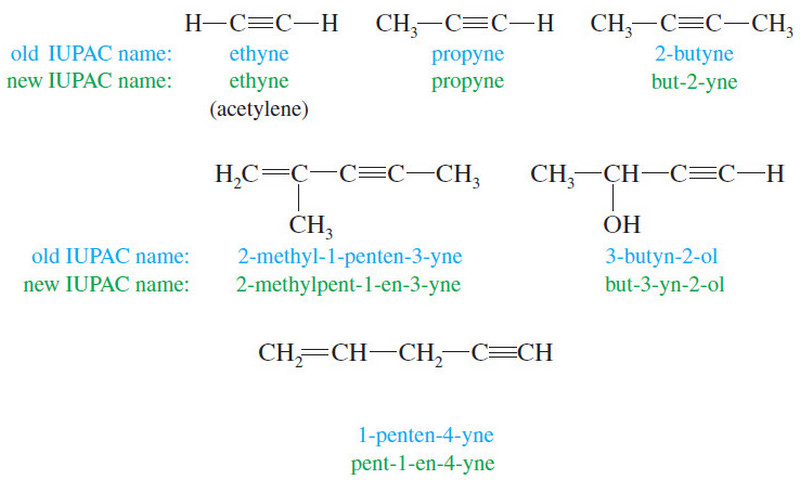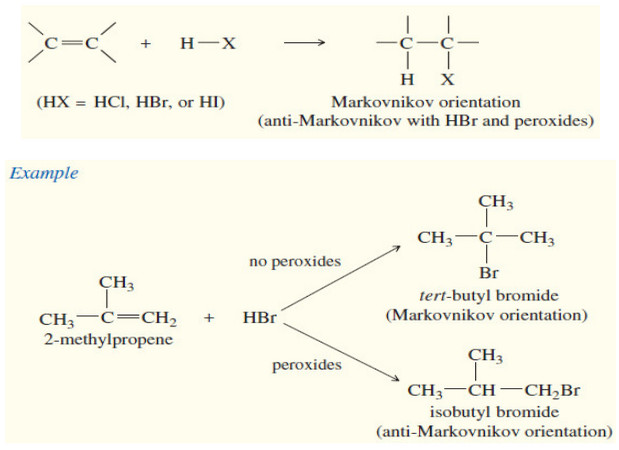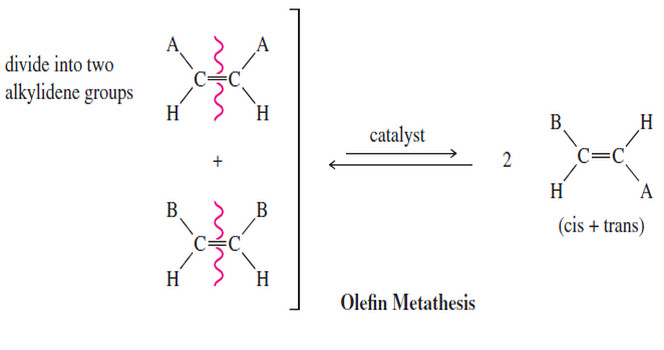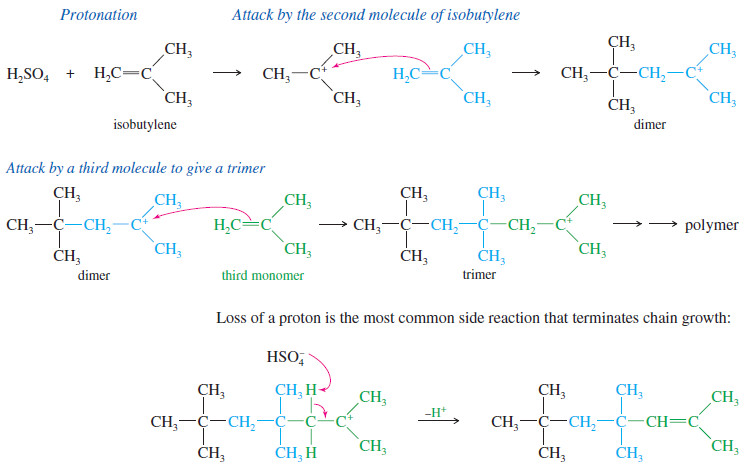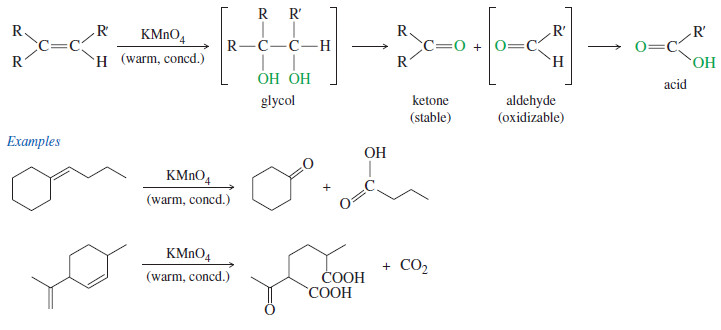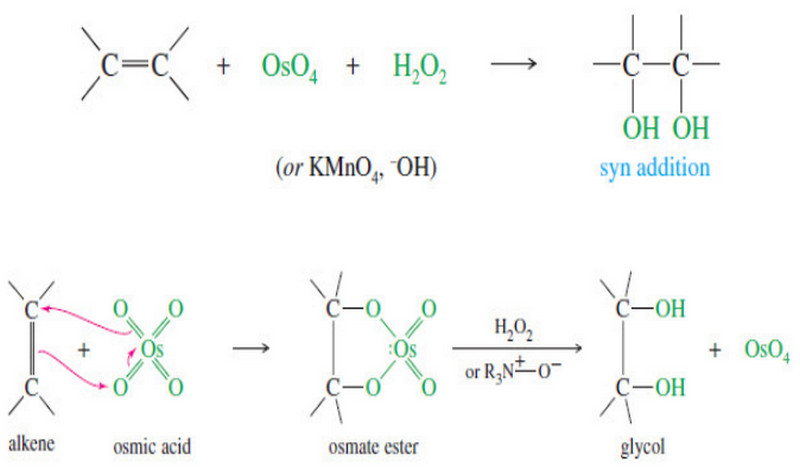-
Organic Chemistry
Organometallic Reagents for Alcohol Synthesis
Organometallic Reagents for Alcohol Synthesis – Organometallic compounds contain covalent bonds between carbon atoms and metal atoms. – And Organometallic…
Read More » -
Organic Chemistry
Acidity of Alcohols and Phenols
Acidity of Alcohols and Phenols – we will talk here about some Acidity of Alcohols and Phenols. – Like the…
Read More » -
Organic Chemistry
Commercially Important Alcohols
we will talk about some Commercially Important Alcohols such as: Methanol , Ethanol , isopropyl alcohol (1) Commercially Important Alcohols:…
Read More » -
Organic Chemistry
Physical Properties of Alcohols
We will discuss here Physical Properties of Alcohols: (A) Boiling Points of Alcohols (B) Solubility Properties of Alcohols Physical Properties…
Read More » -
Organic Chemistry
Nomenclature of Alcohols and Phenols
In this subject we will talk about Nomenclature of Alcohols and Phenols (1) Nomenclature of Alcohols: IUPAC Names – The…
Read More » -
Online MCQ
First law of thermodynamics – MCQ online test
Online MCQ test on First law of thermodynamics – In this topic we offer you, online MCQ test in the…
Read More » -
Organic Chemistry
Structure and Classification of Alcohols
– In this subject we will talk about Structure and Classification of Alcohols. What are Alcohols? – Alcohols are organic…
Read More » -
Organic Chemistry
Reactions of Alkynes
Reactions of Alkynes – Many of the reactions of alkynes are similar to the corresponding reactions of alkenes because both…
Read More » -
Organic Chemistry
Oxidation of Alkynes
Before we discuss Oxidation of Alkynes we will talk about triple bond of Alkynes What are Alkynes? – Alkynes are…
Read More » -
Organic Chemistry
Addition Reactions of Alkynes
Addition Reactions of Alkynes – Many of the reactions of alkynes are similar to the corresponding reactions of alkenes because…
Read More » -
Organic Chemistry
Synthesis of alkynes
Synthesis of alkynes – Two different approaches are commonly used for the synthesis of alkynes. – In the first, an…
Read More » -
Organic Chemistry
Acidity of Alkynes : Formation of Acetylide Ions
Acidity of Alkynes: Formation of Acetylide Ions – Acidity of Alkynes is the inportant factor of activity of Alkynes. –…
Read More » -
Organic Chemistry
The electronic structure of Alkynes
– we studied theThe electronic structureof Alkynes (a triple bond) in This subject: The Structure of Ethyne (Acetylene): sp Hybridization…
Read More » -
Organic Chemistry
Importance of Alkynes : Acetylene
Commercial Importance of Alkynes : Acetylene and Methylacetylene Uses of Acetylene and Methylacetylene – Acetylene is by far the most…
Read More » -
Organic Chemistry
Nomenclature of Alkynes
What are Alkynes? – Alkynes are hydrocarbons that contain carbon–carbon triple bonds. – Alkynes are also called acetylenes because they…
Read More » -
Organic Chemistry
Reactions of Alkenes
– In this subject we will discuss all famous reactions of alkenes. – The reactions of alkenes include five basic…
Read More » -
Organic Chemistry
Olefin Metathesis
Olefin Metathesis – The double bond is the strongest bond in an alkene, yet it is also the most reactive…
Read More » -
Organic Chemistry
Polymerization of Alkenes
Polymerization of Alkenes – A polymer is a large molecule composed of many smaller repeating units (the monomers) bonded together.…
Read More » -
Organic Chemistry
Oxidative Cleavage of Alkenes
Oxidative Cleavage of Alkenes Cleavage by Permanganate – In a potassium permanganate dihydroxylation, if the solution is warm or acidic…
Read More » -
Organic Chemistry
Syn Dihydroxylation of Alkenes
Syn Dihydroxylation of Alkenes – Converting an alkene to a glycol requires adding a hydroxyl group to each end of…
Read More »

